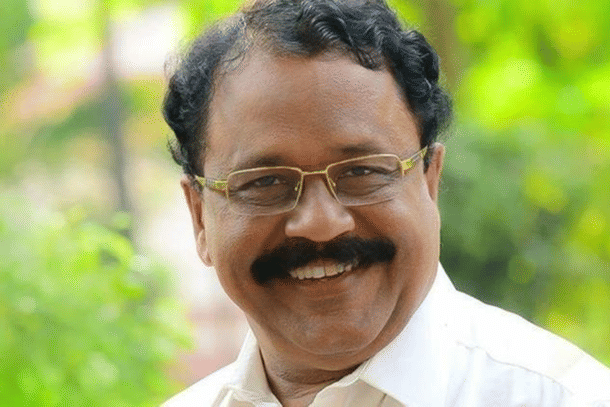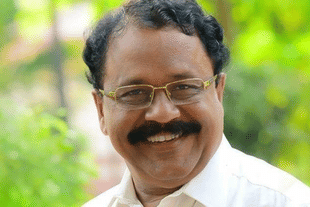Kerala
'Can A State Assembly Pass A Resolution Not To Implement UCC?', Asks Goa Governor PS Sreedharan Pillai In Veiled Reference To Kerala
S Rajesh
Aug 24, 2023, 11:52 AM | Updated 11:57 AM IST
Save & read from anywhere!
Bookmark stories for easy access on any device or the Swarajya app.


Goa Governor PS Sreedharan Pillai on Wednesday (23 August) questioned the resolution passed by the Kerala Assembly against the proposed Uniform Civil Code (UCC).
Speaking at a special session of the Goa Assembly, Pillai said, “Yesterday, the President complimented Goan people regarding [their] commitment to Article 44… The meaning is that Article 44 of the Constitution of India is not a dead letter. Goa [is] the only state in India where the son and daughter are entitled to equal rights in property…in other states, [I am not mentioning any community’s name or anybody] the daughter is entitled to one-third of property of parents and two-thirds [goes] to male [son]…Where is gender justice?”
Without naming the Kerala Assembly, he said, “Of course, they can express their opinion. Everybody has got the right to express their opinion on that particular subject [including] any provision in the Constitution, including Article 44. I am not against that. But, can an Assembly pass a resolution not to implement it? [To] such an extent our legislature is going…exceptionally. I am not mentioning the name. If I mention it, that shame will come to me also as I am from that state. So, this type of onslaught is not allowed.”
Further, he said that the three pillars of democracy (legislature, executive and judiciary) should remain within their respective 'Laxman Rekha' (boundary).
"As governor, I don't want to say anything about that. Can any wing (pillar) violate the Laxman rekha proposed through the Constitution laid by our forefathers?" ''If you go through the Indian constitution, our assembly never anticipated the onslaught of one wing over the other. That is why if there is a clear violation, no remedies are suggested in our Constitution," Pillai said.
Pillai is a former state president of the Kerala unit of the Bharatiya Janata Party (BJP).
Issues like marriage, divorce and inheritance, which are to be dealt with in the UCC are in the Concurrent List. While states can legislate on matters in the Concurrent List, if there is a law made by Parliament on the same subject, it would supersede the law of the state legislature.
Entry number 5 in the Concurrent List states, “Marriage and divorce; infants and minors; adoption; wills, intestacy and succession; joint family and partition; all matters in respect of which parties in judicial proceedings were immediately before the commencement of this Constitution subject to their personal law.”
Citing the fact that these subjects were in the Concurrent List, the Supreme Court had refused to declare as ultra vires, the initiative of certain states like Uttarakhand, which formed committees regarding UCC.
Also Read: The UCC Churn In Kerala
S Rajesh is Staff Writer at Swarajya. He tweets @rajesh_srn.





